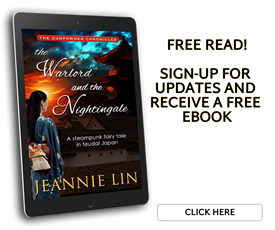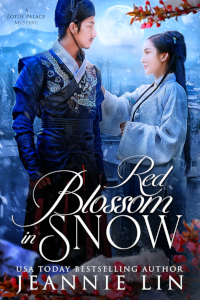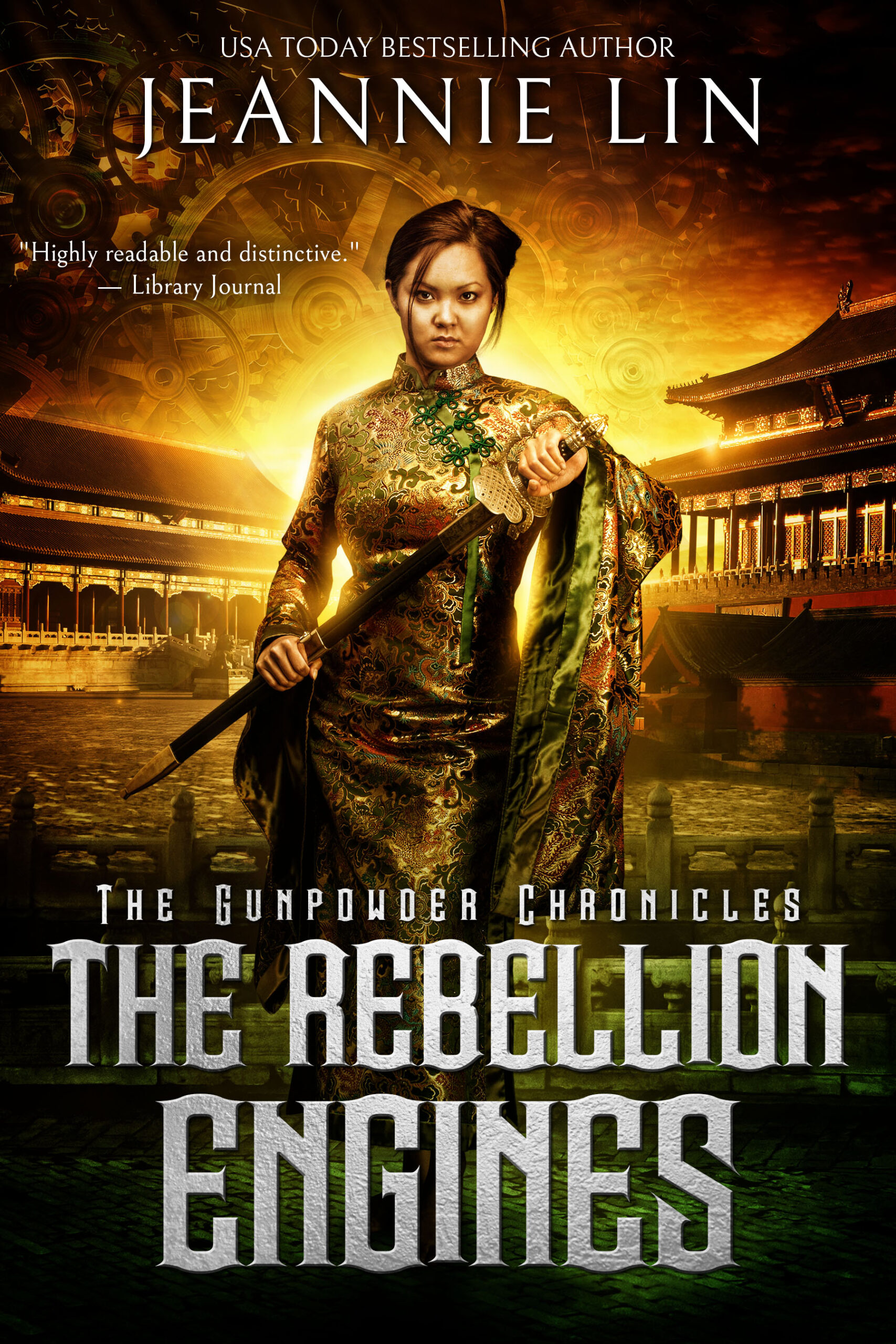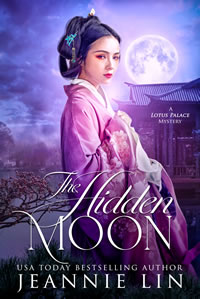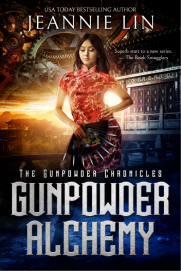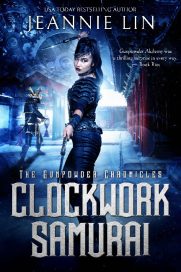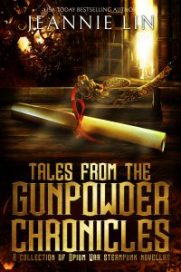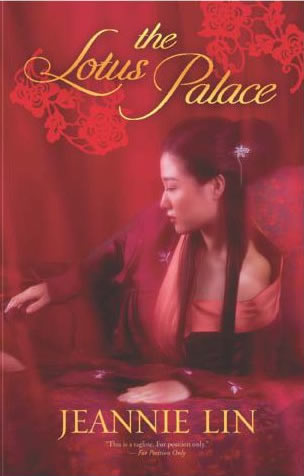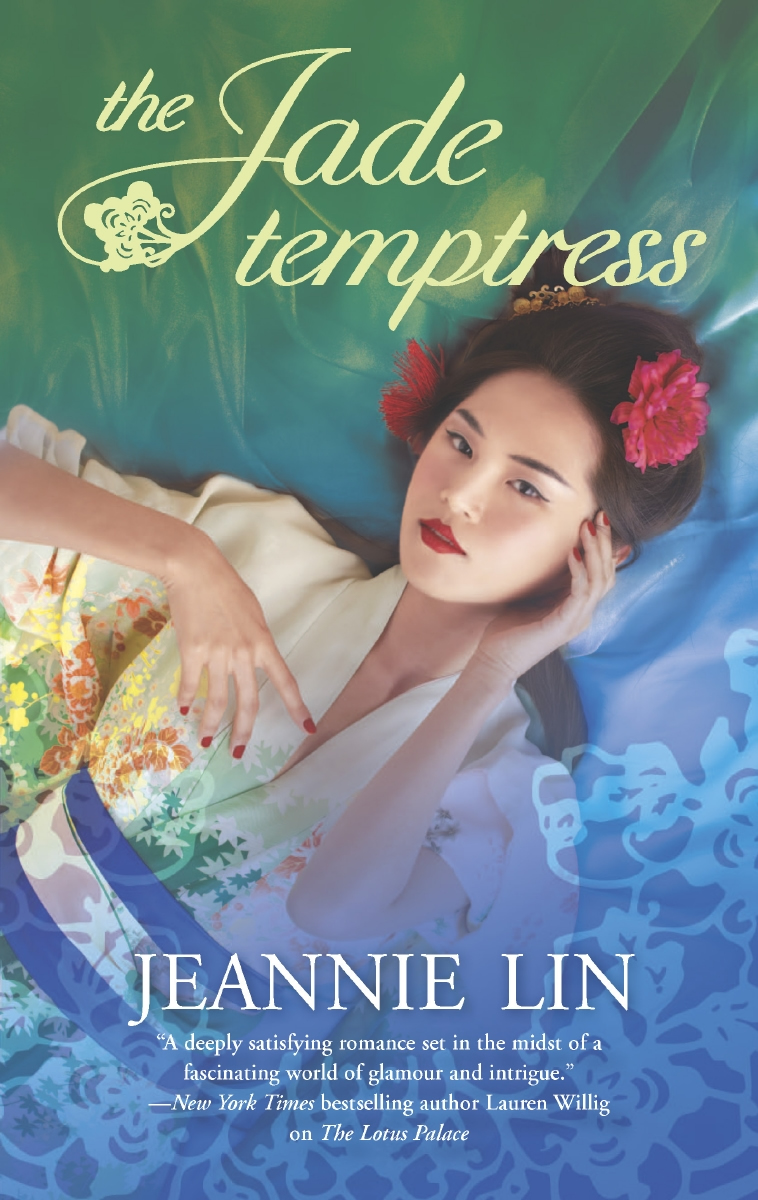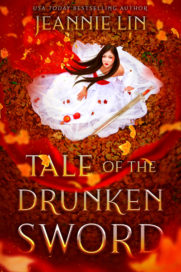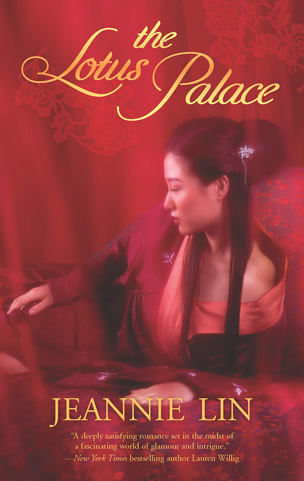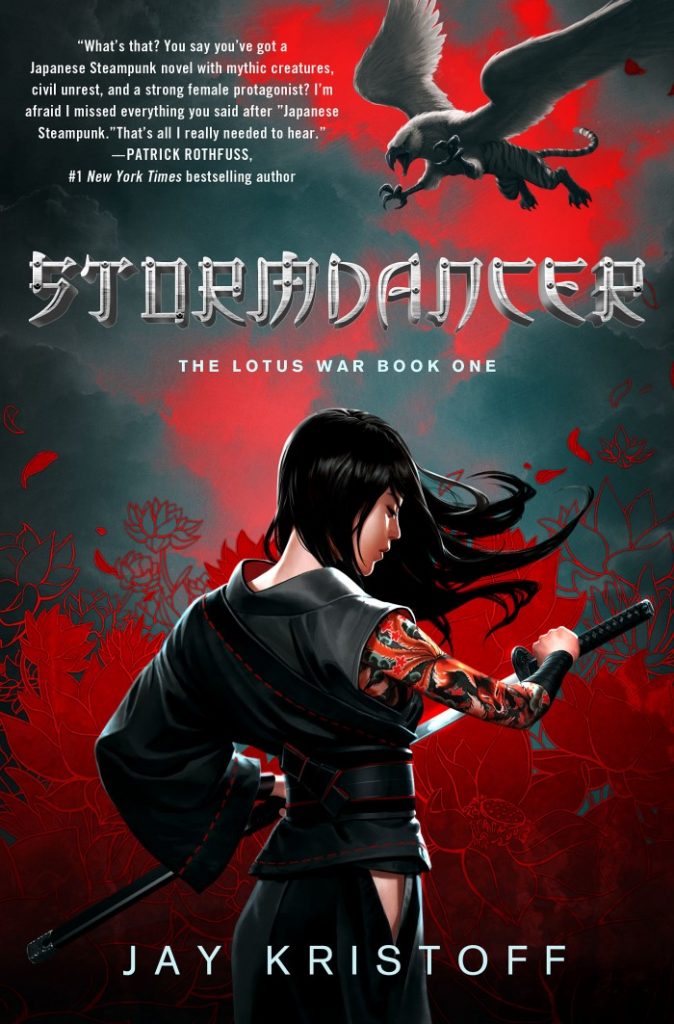Are my happy endings unrealistic?
I’m going to admit that this was sparked by a recent review of The Lotus Palace in Publishers Weekly (link to review — wow, my cover looks awesome up there), which hit upon some things I’ve been reflecting upon lately.
A common criticism that my romances receive is that the endings are unrealistic, clichéd, convenient. It seems that the other stuff, the research and the details and the character interactions pass inspection, but not the endings.
As a romance author, if your endings are dead in the water, you’re dead.
But this sprouts a whole host of questions in me as an author who wishes to say something and say it in a way that communicates with as many people as possible:
- Are my happy endings unrealistic because I have failed to execute?
- Are my happy endings unrealistic because they are perceived to be anachronistic for the time period?
- Are my happy endings unrealistic, but in line with the genre I write in? (In which case, unrealistic, but expected?)
- Are my happy endings perceived as more unrealistic than other comparative works that are set in familiar Western settings because imperial China is perceived as more harsh, primitive, unyielding than Western culture?
- Is it harder to envision a happy ending in an alien or “other” culture because HEA is tied intimately to ideas of comfort, safety and familiarity where the “other” is inherently not comfortable, safe or familiar?
The questions continue and continue.
So, there are too many questions to answer in one blog post. In fact, I think this ongoing list of questions constitutes the principle driving force of my romance writing career. I’ve written five novels in an attempt to ask and answer that question for myself. If I’m lucky, I’ll write at least five more novels and the question will still not be answered.
(BTW, I’m Buddhist by upbringing and by thought. I find that Buddhists like that there are questions and are content that questions are reflected upon, even if there are no answers. This, by the way, I’ve identified as problematic in terms of aligning my world view with writing mainstream romance with satisfactory endings. HEA is very much a definitive answer.)
What I’m providing here is my philosophy of happy endings. It’s interesting to me, because it poses the question, “Is true love really timeless?” and “Can love break down all barriers?”
On top of that, because I write in the time period that I do and with Asian characters, there’s the added question of, “Can readers accept the same leap of faith for unfamiliar characters that they do for familiar ones?” In other words, “Are Chinese heroes and heroines allowed their fairytales too?”
People often ask me, “Do you feel you write historically accurate stories?”
For once, I’m going to abandon my very Buddhist response of, “What is history? What is fact? There is no truth. Every historical record is a retelling. Every point of accuracy is in itself, a story.”
Instead, I’m going to answer this way: “Yes.”
Here’s why: The story of Zheng and the Sing-song Girl. (Here’s a link to a nice translation.)
Do I write a love story that happened commonly in the Tang Dynasty? — You may say no. Because Chinese culture was so strict. Back then, people didn’t cross social boundaries. Back then, back then…
An interesting tidbit. The story of Master Zheng and Li Wa the Sing-song girl was written in the Tang Dynasty. Even though it is presented as fact, it was a fable written in the same time period that I’ve embraced. It tells the story of a gentleman, a scholar, who goes to the capital to take the imperial exams and make a name for himself, but is led into ruin by a crafty courtesan. But wait! After trials and tribulations, she helps him get back on his feet and supports him as he studies for the exams. In the end he passes, but when he wants to marry her, Li Wa refuses. She’s beneath him now. She’s wronged him.
In the story, the family comes out in favor of the marriage and urges Zheng to marry the girl who helped him turn his life around. In fact, it’s Zheng’s father that arranges the marriage for his son. They do indeed marry and their romance is celebrated by all. As a sign that Zheng made the right choice, there’s even an HEA epilogue! He goes on to be promoted to all sorts of exalted posts. They have four sons who all go on to do great things.
This story was hugely popular in the Tang Dynasty. It survives to this day. It has a happy ending against all odds.
This is my “Cinderella” tale.
A common analysis of the tale is that it represents a male fantasy. Young scholars were often tied up in arranged marriages of their family’s choosing. The story of Zheng and others like it represent the desire these scholars had for romantic love. To be able to have the women they wanted versus what society dictated.
So are my romances historically accurate?
They are historically accurate fairy tales, that reflect the romantic notions of the time period in which they are set—the Tang Dynasty. What’s more, they represent the romantic ideals of the power elite—at least when these men were young and free.
It is my hope that these historical stories I write might also speak to the modern reader in a way that rings true. That they might add to the argument that romantic love…or at least the desire for romantic love…is timeless.
A final bit of trivia is that the story of this young man and his sing-song girl was penned (or should I say brushed?) by a scholar in the year 795 AD, supposedly about an ancestor of his that had lived in that Tianbao period (742-756 AD). The author’s name was Bai Xingjian, alias Zhitui, who was the great poet Bai Juyi’s brother.
This would also make him an ancestor of Bai Huang, the hero of The Lotus Palace. Another wayward soul, in the tradition of his ancestors, who happens to fall for a girl beneath his class. This is my homage, my little Easter Egg.
Both the story of Zheng as well as Bai Juyi are mentioned off-hand in the text of The Lotus Palace. It’s not as recognizable as quoting Shakespeare or Austen in a Regency, but dag nabit, it should be. Sometimes when I’m alone at night (as I am now) I wonder if part of the challenge is that I’m writing these stories as a somewhat isolated voice.
Would readers be more accepting if I could reference Shakespeare and Austen? If there were comparative works by fellow authors that either supported or refuted mine? Reading romance is in many ways a social endeavor, a community activity, a shared experience. The body of works at large constitute an ongoing conversation.
There are problems mentioned here that are beyond me and that I cannot solve. But there is value in pondering these questions, at least I believe so.
So when such criticisms arise, this is how I take them. I tell myself: “My path is true, but sadly I did not convince. Try harder next time.”


